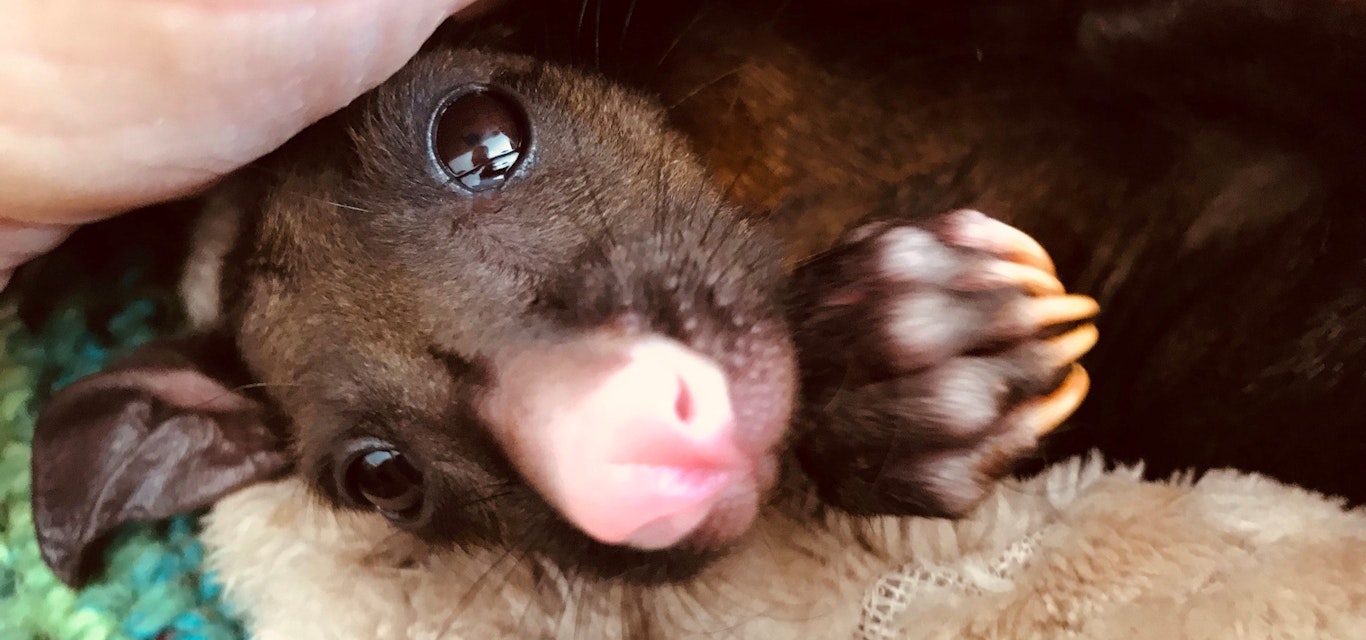Acting to prevent roadkill
It's estimated over 500,000 animals die on our roads every year, some of which are animals native to our state and facing the risk of extinction.
The term 'roadkill' is defined as the death of animals on roads as a result of a vehicle crash. This issue increased dramatically in the 20th century when vehicles began to gain more speed, and continues to this day.
When hit by a vehicle, an animal can die as a result of the impact, or from injuries sustained during the impact. Sometimes the dead animal is carrying a joey, which can remain in the pouch for many days before succumbing to cold or hunger. If the joey's rescued and survives, it will still suffer with grief and trauma from the initial impact.
Not to mention the impact dead animals on our roads have on tourists visiting us from interstate and overseas.
Roadkill has as much an impact on our economy as it does on our ecosystem. It’s an issue not only involving animals, but humans as well. Our calculations indicate that in 2023, there'll be 1000 wildlife-related vehicle insurance claims through RACT and a staggering 3000 in total across the state.
Across the private vehicle fleet, this will cost Tasmanians around $9.5 million through their insurance coverage.
Many methods have been considered to reduce the number of animals dying on our roads, including fixed fencing, virtual fencing, and road modifications. However, none were found to be an efficient/cost-effective roadkill mitigation approach in the long run. Research in Australia and Europe has concluded that the best method for roadkill mitigation is changing driver behaviour. This is why we've decided to take action.
Slow down between dusk and dawn, when the animals on our roads are most present.
We've joined forces with the Wildlife & Community Together Tasmania group and Bonorong Wildlife Sanctuary, to raise awareness of the roadkill issue with a clear message: Slow down between dusk and dawn, when the animals on our roads are most present.
Planning trips ahead and driving mainly during daylight hours are other ways we can help prevent roadkill in our state. However, if you do encounter an animal on the road and it's too late to brake, please do not take evasive action by swerving - your life is your most valuable asset.
Take action and slow down, for your own safety and the survival of our wildlife.
Save a life with a pouch check
It can be heart wrenching to see wildlife deceased on our roads, but taking a few minutes to stop and check the pouches of marsupials can save a life.
